What the Constitution Means to Us: A Celebration of Constitution Day
September 12, 4:00 - 6:30 PM | Murray Conference Room | Register
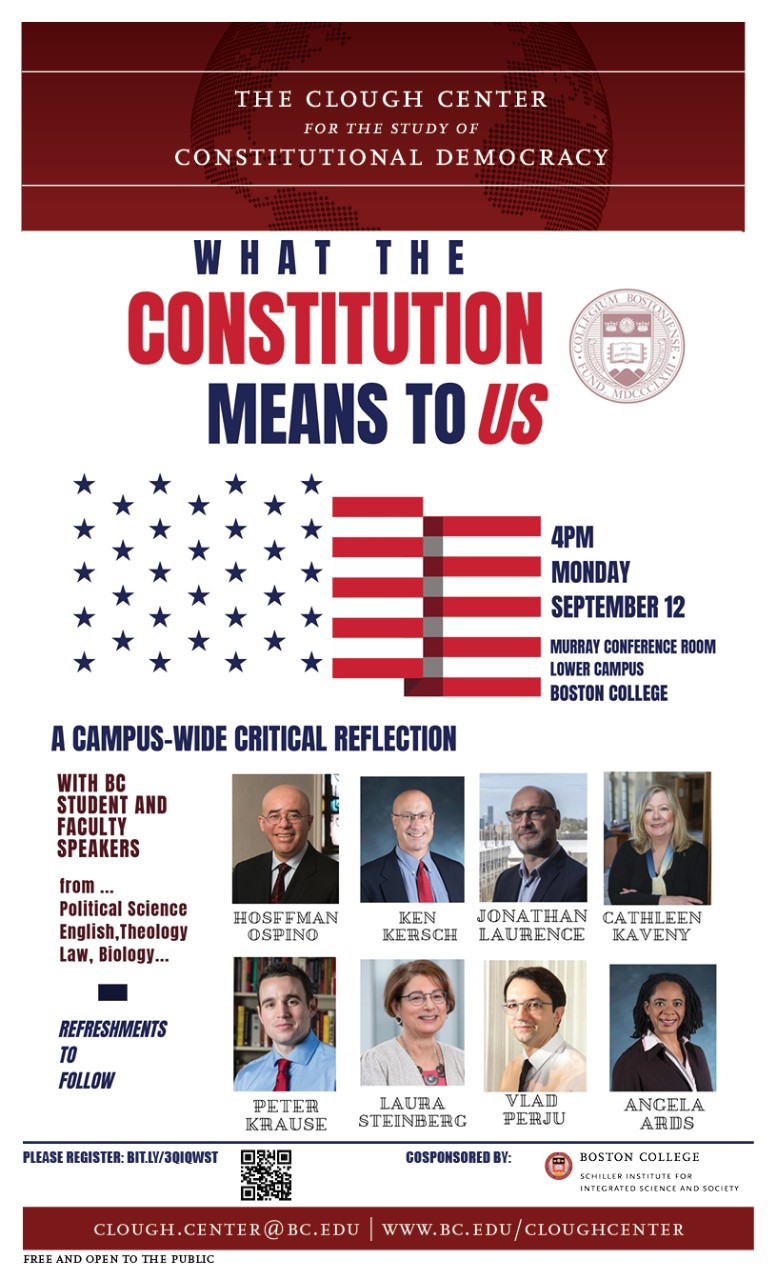
Since the founding era of the United States, the American Constitution has been central to our public life. It has inspired hope, and it has provoked despair. It has remained in place, as few other national constitutions have. Yet it has also repeatedly been changed, and some today think it needs to change again. At a moment when its basic meaning seems more contested than ever, how should we look at the Constitution today?
This is the question at the center of “What the Constitution Means to Us,” the Clough Center’s first annual celebration of Constitution and Citizenship day. Loosely inspired by Heidi Schreck’s award-winning play, and co-sponsored with the Schiller Institute for Integrated Science and Society, this event will feature an all-star panel of eight cross-disciplinary scholars from our own Boston College faculty. It will also showcase the work of select undergraduate and graduate students from across the University. Please join us for a rich evening of conversation, debate, and reflection on America’s founding document–and a lively reception–in what we hope will become a new yearly tradition at BC.
Schedule and Registration
Spetember 12, 2022 | 4:00-6:30 PM | Murray Conference Room
- 4:00: Welcome
- 4:10: Faculty & Student Remarks
- 5:15: Community Discussion
- 5:30: Reception
Speakers
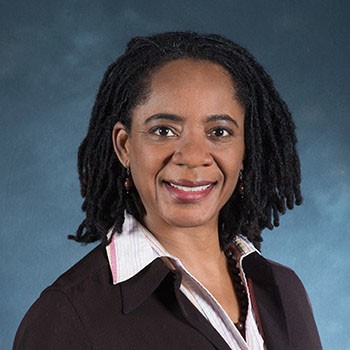
Angela Ards
Angela Ards is Associate Professor of English at Boston College. She teaches African American and contemporary American literature, with special interests in cultural studies, literary journalism, and narratives of place. She is the author of Words of Witness: Black Women’s Autobiography in the Post-Brown Era, and her current book project uses oral histories to chronicle the lives of black Americans who bypassed the Great Migration to remain in the South. She is the recipient of fellowships from the Radcliffe Institute for Advanced Study and the Hutchins Center for African and African American Research.
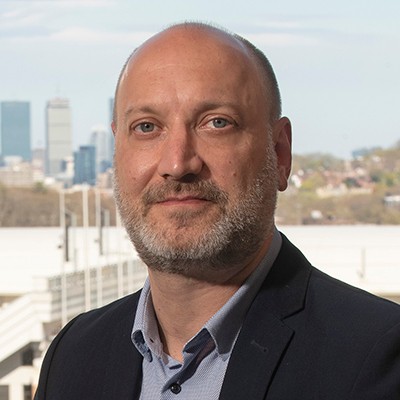
Jonathan Laurence
Jonathan Laurence is Director of the Clough Center for the Study of Constitutional Democracy and Professor of Political Science at Boston College. He received a B.A., summa cum laude, from Cornell University, a C.E.P. at Sciences Po, and an M.A. and Ph.D. in Government from Harvard University. His principal areas of teaching and research are comparative politics and religion and politics in Western Europe, Turkey and North Africa. Prof. Laurence's latest book is Coping with Defeat: Sunni Islam, Roman Catholicism and the Modern State (Princeton University Press, 2021). Previously, The Emancipation of Europe's Muslims, was published by Princeton University Press in 2012, and received awards for Best Book in religion and politics and migration and citizenship from the American Political Science Association. His first book, Integrating Islam: Religious and Political Challenges in Contemporary France, co-authored with Justin Vaïsse, was published by Brookings Institution Press (2006) and Odile Jacob (2007) and named an Outstanding Academic Title by Choice Magazine. Prof. Laurence assumed the Directorship of the Clough Center in spring 2022.
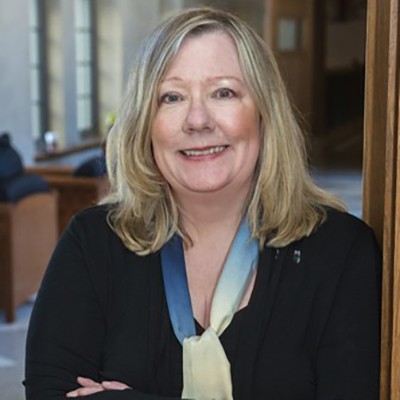
Cathleen Kaveny
Cathleen Kaveny, a scholar who focuses on the relationship of law, religion, and morality, serves as the Darald and Juliet Libby Professor at Boston College, a position that includes appointments in both the Theology Department and the Law School. She is the first faculty member to hold such a joint appointment. Kaveny regularly teaches contract law to first-year law students. She also teaches a number of seminars that explore the relationship between theology, philosophy, and law, such as “Faith, Morality, and Law,” “Mercy and Justice,” and “Complicity.” The author of four books and more than one hundred articles and essays, Kaveny has been published extensively in the areas of law, ethics, and medical ethics.
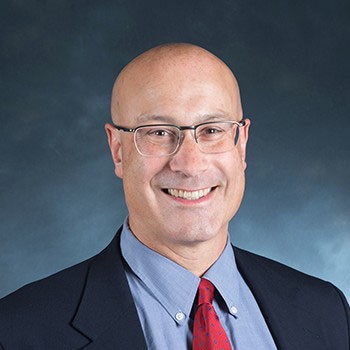
Ken Kersch
Ken Kersch is Professor of Political Science at Boston College. His primary interests are American political and constitutional development, American political thought, and the politics of courts. Kersch is the recipient of the American Political Science Association's Edward S. Corwin Award, the J. David Greenstone Prize from APSA's politics and history section, the C. Herman Pritchett Award from APSA’s law and courts section, and the Hughes-Gossett Award from the Supreme Court Historical Society. Prof. Kersch was also the founding Director of the Clough Center, from 2008-2012.
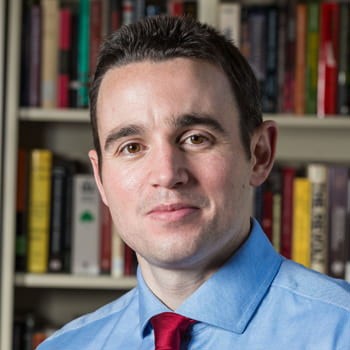
Peter Krause
Peter Krause is Associate Professor of Political Science at Boston College. His research and teaching focus on international security, Middle East politics, terrorism and political violence, nationalism, and rebels and revolution. He is the author of Rebel Power: Why National Movements Compete, Fight, and Win (Cornell University Press, 2017) and co-editor of Coercion: The Power to Hurt in International Politics (Oxford University Press, 2018) and Stories From the Field: A Guide to Navigating Fieldwork in Political Science (Columbia University Press, 2020). He has published articles on the causes and effectiveness of terrorism and political violence, why states negotiate with ethno-political organizations, the strategies of counter-secession, social movements and territorial control in Israel, U.S. intervention in the Syrian civil war, the politics of division within the Palestinian national movement, the war of ideas in the Middle East, a reassessment of U.S. operations at Tora Bora in 2001, and field research amidst COVID-19.
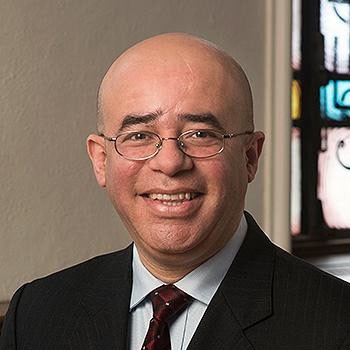
Hosfmann Ospino
Hosfmann Ospino is Associate Professor of Hispanic Ministry and Religious Education at the Boston College School of Theology and Ministry. A native of Colombia, where he pursued undergraduate studies in Philosophy, he holds an M.A. in theology with concentration in Church History and a Ph.D. in Theology and Education from Boston College. His research explores the dialogue between faith and culture and the impact of this interchange upon Catholic theological education, catechesis, and ministry. He has served as the principal investigator for several nationally recognized studies on how the Hispanic Catholic presence is transforming parishes, schools and organizations. He has authored and edited more than a dozen books. He is a frequent speaker at national and international events. He is actively involved in ministry and faith formation projects in various parts of the United States.
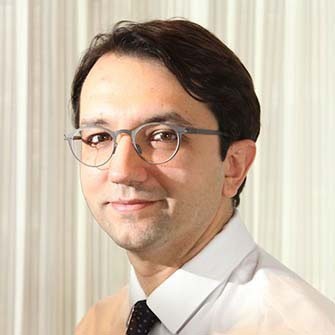
Vlad Perju
Vlad Perju is Professor at Boston College Law School. From 2012 to 2021, he was Director of the Clough Center for the Study of Constitutional Democracy. Perju’s primary research and teaching interests include the law of the European Union, comparative constitutional law and theory, international and comparative law, and jurisprudence. Perju served as an associate professor at Harvard Law School during the Fall 2011 semester, and as a visiting professor of the theory of the state at the European Academy of Legal Theory in Brussels, Belgium. He has been an affiliate of the Minda de Gunzburg Center for European Studies at Harvard University since 2010.
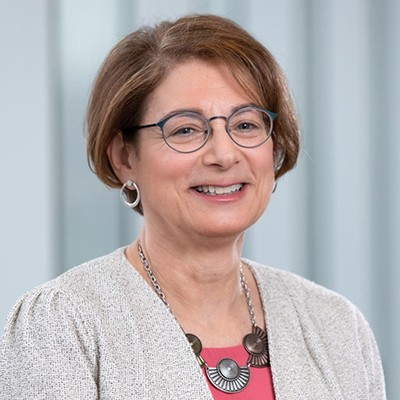
Laura Steinberg
Laura Steinberg is the Seidner Family Executive Director of the Schiller Institute for Integrated Science and Society and Professor of Earth and Environmental Sciences at Boston College. Dr. Steinberg has worked extensively on research in infrastructure management, disaster preparedness and response, environmental modeling, and higher education leadership. She served on the EPA Science Advisory Board, Drinking Water Committee and as an editor and advisory board member for Natural Hazards Review, Journal of Homeland Security and Emergency Management, and the Journal of Environmental Engineering. For the American Society of Civil Engineers, she served three terms as a member of the Industry Leaders Council representing civil engineering faculty members throughout the United States.
*Selected Boston College student speakers (TBD) will also be featured at this event.
Campus Map and Parking
Parking is available at the nearby Beacon Street and Commonwealth Avenue Garages.
Boston College is also accessible via public transportation (MBTA B Line - Boston College).
Boston College strongly encourages conference participants to receive the COVID-19 vaccination before attending events on campus.
Student Submissions
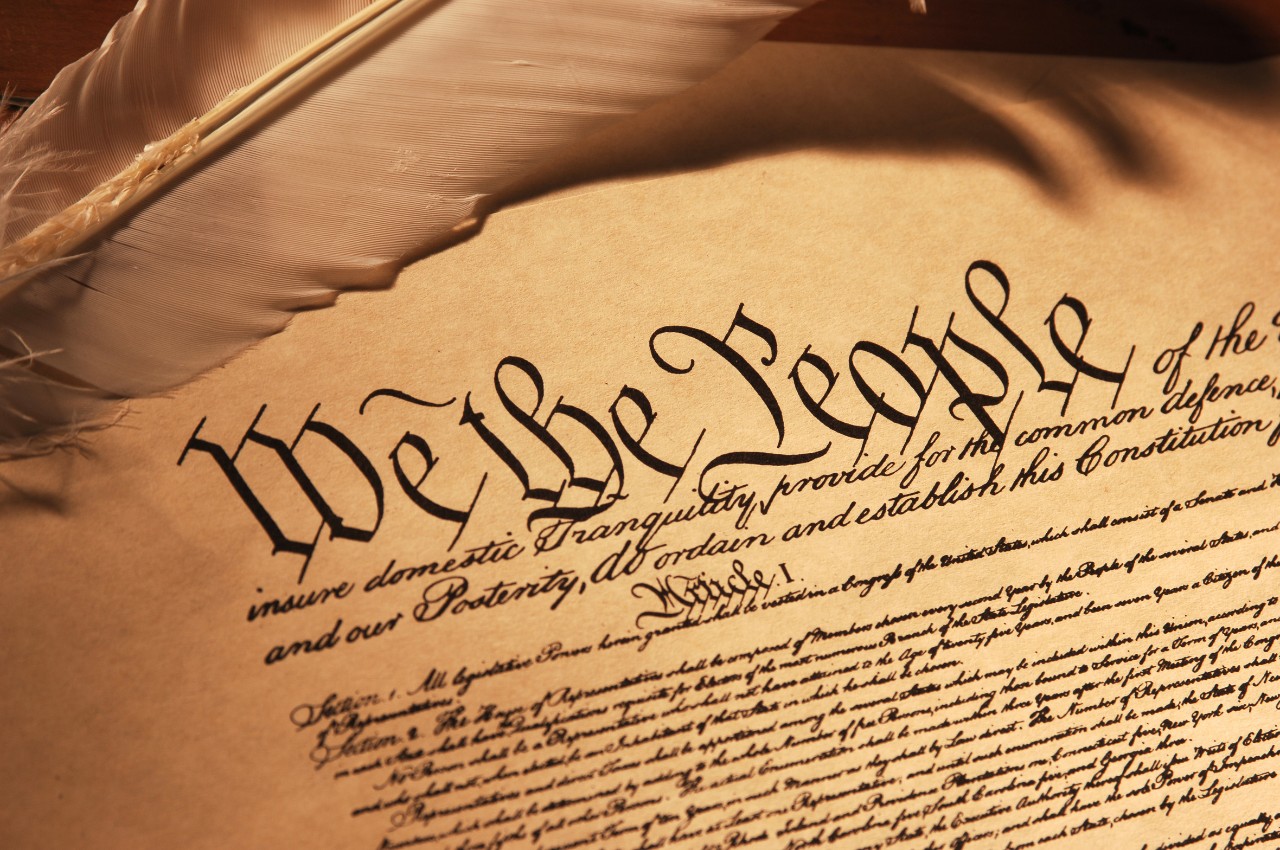
Have thoughts on the Constitution? What do you appreciate about it lately? What would you change if given the chance? Share what the Constitution means to you –in whatever medium suits you best -- as part of a campus-wide initiative by the Clough Center for the Study of Constitutional Democracy. This event is partly inspired by Heidi Schreck's recent Pullitzer-nominated play, What the Constitution Means to Me.
Individual entrants will receive a $20 gift card to the campus bookstore and will be eligible to have their work featured at our fall celebration or in one of our publications.
“What the Constitution Means to Us” is a celebration of Constitution Day and Citizenship Day for the whole BC community, sponsored by the Clough Center for the Study of Constitutional Democracy and the Schiller Institute for Integrated Science and Society, to be held on September 12, 2022. At a moment when many perceive democracy itself to be an endangered idea at home and abroad, this event will offer BC students and faculty from across schools and disciplines an opportunity to reflect on the personal meaning of our country’s founding document for them. Non-US nationals may choose to reflect on the US or another country’s founding document as well. We recognize, and celebrate, that the Constitution means many things to many people today, just as it always has. That’s why we want to hear what it means to you. We are excited to create a forum for showcasing the diversity of experiences, insights, and opinions within our own BC community.
For this celebration of Constitution Day and Citizenship Day, the Clough Center and the Schiller Institute are soliciting personal reflections on the Constitution. These reflections can be written, spoken, or musical works, visual art or digital art, including video. A select number of these contributions will be showcased on September 12th, at a celebratory reception featuring faculty and student speakers and an art gallery. The Clough Center will award a prize of $200 to the top general contribution, and the Schiller Institute will award a prize of $200 to the top contribution specifically geared toward the Constitution and energy, health, or the environment. (See the prompts below for ideas!) Other contributions may be showcased on the Clough Center’s website, or in our official newsletter.
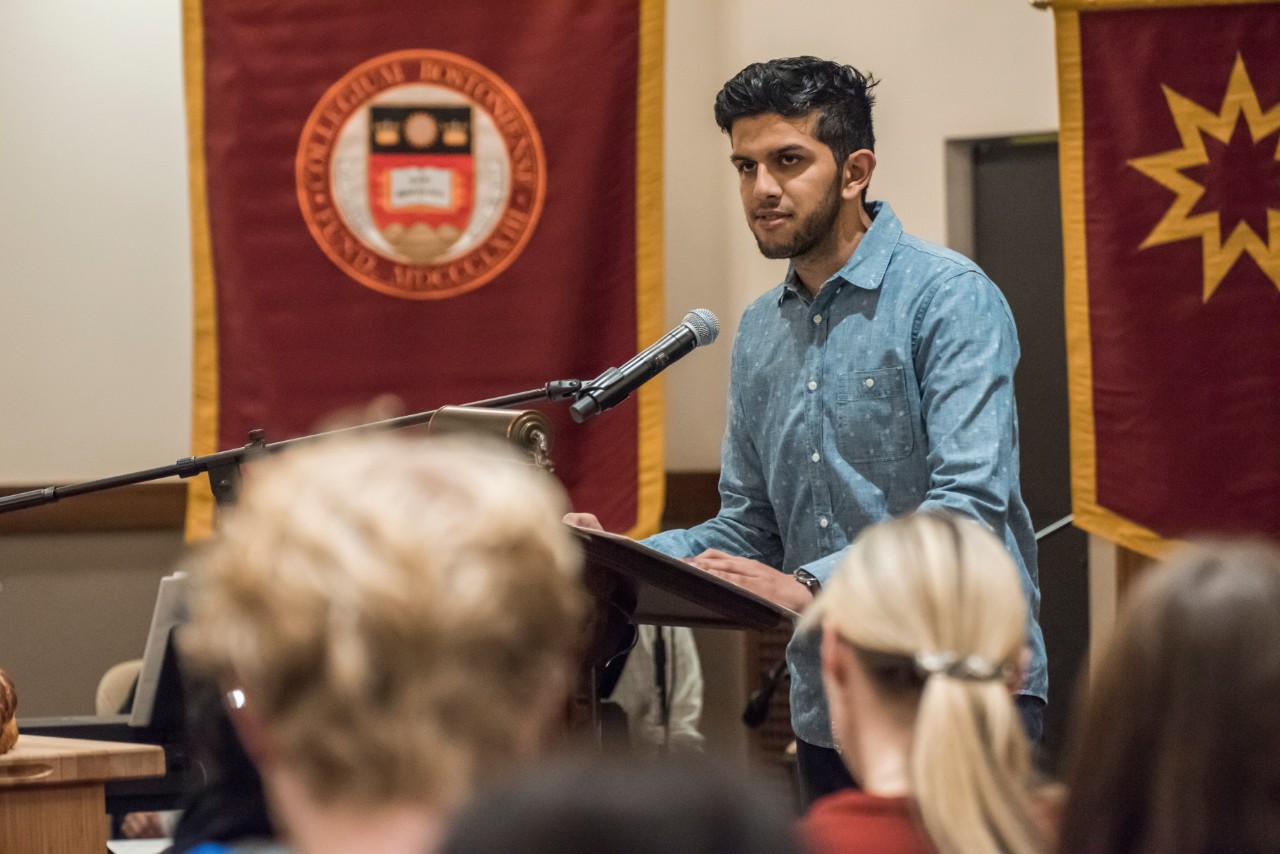
All submissions should be submitted to the Clough Center by 09/02/22. Participants are welcome to enter multiple submissions.
Some Questions to Guide Your Reflection
Wondering what you might have to say about the Constitution? Below are some of the questions we've been thinking about. We offer them to invite your creativity, not suppress it--if you have other questions you'd like to explore, please feel free to engage them!
- How does the Constitution shape your understanding of yourself as a citizen?
- What do you see as your most important rights and responsibilities? What meaning do individual rights enshrined in the Constitution and its amendments have for you? Have any of these rights played an important role in your own life? Are there any you have strong feelings about – positive, negative, or mixed?
- How has the history of the Constitution shaped your family's past, or that of the communities you come from? Were your ancestors ever denied their rights, or treated unjustly, by the Constitution? Did they ever gain rights they didn’t have before? How has that history affected you personally?
- Are there any rights or protections missing from the Constitution as it currently stands, that you think should be there? Any further amendments that you think need to be made to safeguard the future of the nation or planet?
- Who gets to regulate free speech? What does the Constitution say, or not say, about contemporary disputes over the vote?
- How do recent Supreme Court cases reflect on the strengths or limitations of the U.S. Constitution? Do you think any of them get it wrong?
Specific Questions for Environment, Health, and Energy
- How can the Constitution be used to address climate change? What provisions are relevant to climate change and how have they been used (or under-used)? Any further amendments needed?
- Does the Constitution provide sufficient rights and protections to ensure equitable health services and outcomes for all? Have these been important in your own life or those of family members?
- How does the Constitution support the development of new renewable energy technologies? In what ways is it a help or a hindrance to discovering, developing, producing, and marketing these technologies?
Submission Formats:
- Written and spoken reflections
- Performance art
- Visual artwork
- Digital work
More detailed submission guidelines may be found on the submission entry form.
Image Gallery




















